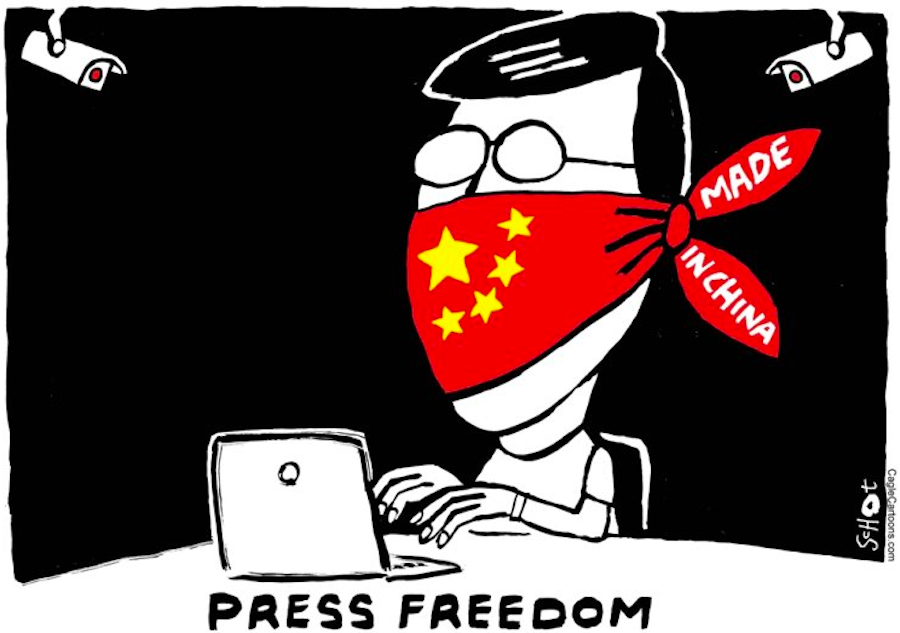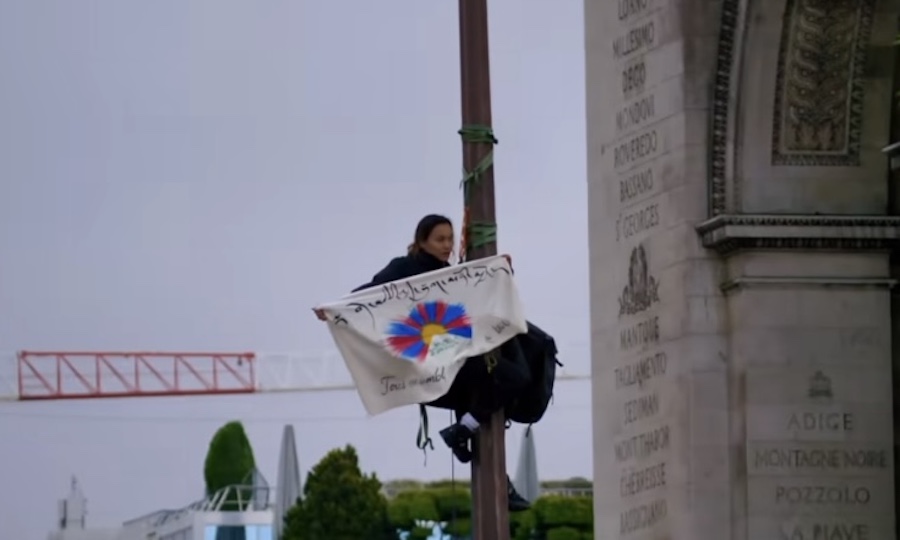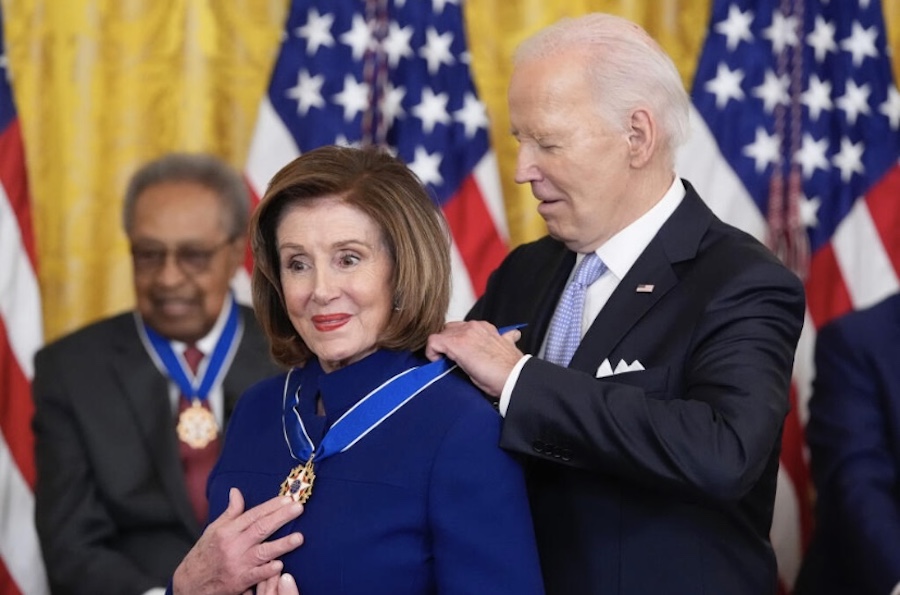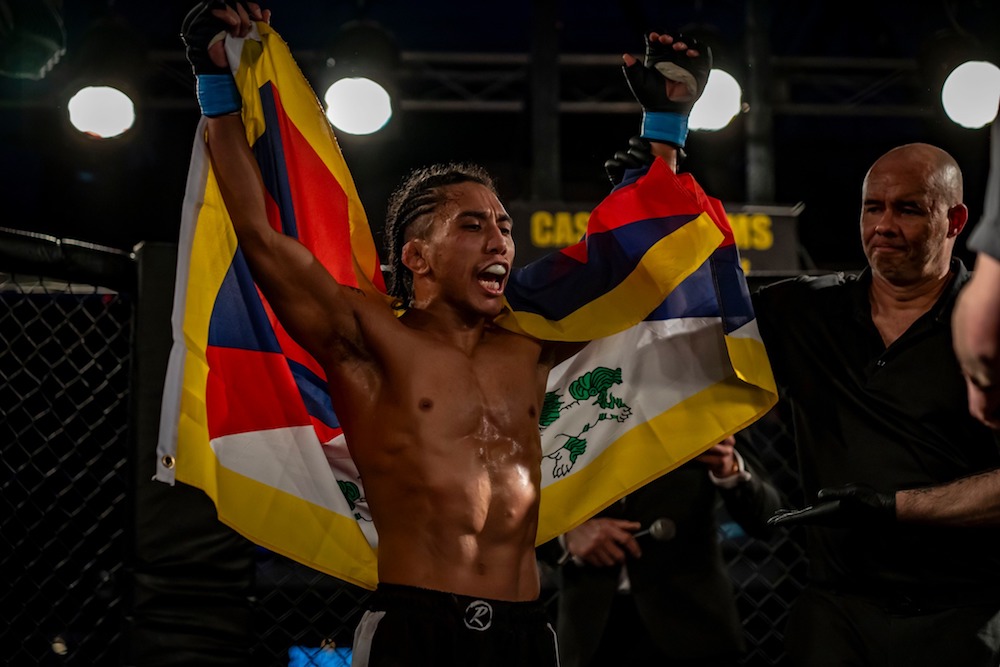Full transcript of Kalon Tripa Dr Lobsang Sangay’s interview with Emma Alberice of Lateline, Australian Broadcasting Cooperation on February 21, 2012, as provided by the broadcasters.
EMMA ALBERICI, PRESENTER: The Prime Minister of the exiled government of Tibet is Lobsang Sangay. He’s currently visiting the US, and he joins us tonight from Boston. Lobsang Sangay, thank you very much for being there.
LOBSANG SANGAY, PM, TIBETAN GOVERNMENT IN EXILE: Thank you very much.
EMMA ALBERICI: Young monks and nuns, teenagers, setting themselves on fire in the streets – what is so desperate that is leading them to resort to such violent protests?
LOBSANG SANGAY: It’s really tragic and sad to see, so far, 24 Tibetans – some very young and some old – giving up their lives for freedom in Tibet and return of his holiness the Dalai Lama. What they’re saying is the occupation of Tibet should not continue; the repression of Tibetans should not continue. They would choose to die than live. This is a sad commentary on the failed policies of the Chinese government.
EMMA ALBERICI: What is it exactly, what are you hearing about the individual stories of these people, the personal battles that have led them to this point?
LOBSANG SANGAY: Yes, in Tibet, Tibetans cannot protest, they cannot peacefully gather. If you do, you might get shot at; and you can’t have hunger strike, you can’t have rallies, and Tibetans see this the only or most drastic way of protesting against the repressive policies – because, let’s say, in monasteries, photograph of his Holiness the Dalai Lama is banned there overall, but you’re made to denounce the picture of the Lama who they revere. So much restriction is imposed that many choose to leave or expelled. Hence, they’re saying, given the circumstances – political, economic, social – they’re saying it’s so repressive they will give up their lives, and made a commentary that freedom be restored in Tibet.
EMMA ALBERICI: Has the Chinese government been moved by these brutal public suicides?
LOBSANG SANGAY: Unfortunately there is blatant discrimination as to how the Chinese government treat Chinese people and their protest, and Tibetan peoples’ protest. For example, the local party official in Lhasa has declared quote-unquote ‘war’ on protestors and Tibetans. Which government in the world would declare war against their own people? They have sent hundreds and thousands of troops to Tibetan people. As it is, Tibet is under undeclared martial law. There’s a Chinese writer who says that in Lhasa, the capital city of Tibet, there are more Chinese than Tibetans, there are more civilians’ cameras than windows, and there are more – if I may add – more guns that [inaudible] for Tibetan people. Under such circumstances the Chinese government and its hardline policies is discriminating and treating Tibetans quite badly.
EMMA ALBERICI: China’s vice president Xi Jinping visited the United States last week. He’s expected to take over the country’s leadership next year. Now, Barack Obama rolled out the diplomatic red carpet for him. Are you shown that same respect of office in Washington?
LOBSANG SANGAY: Well, you know, we always want good relationship between China and any other country – be it US or Australia – and the president Obama and the state department – the congress leaders particularly – raise issues about Tibet to the vice president Xi Jinping. And we also appreciate foreign ministers – Kevin Rudd’s January 15 statement on Tibet, and him raising the issue with Xi Jinping in 2010. But we would urge international community not just to raise statements, and not just to raise issues and issue statements, but to take concrete action. We want the Australian government or the US to send delegations to Tibet as to find out what exactly is happening, why Tibetans are self-immolating. Why they’re protesting, why the repressive policies of the Chinese government is resented by Tibetan people. This kind of fact-finding delegation will provide a better light as to what are the main grievances of the Tibetan people, and how best to find solutions.
EMMA ALBERICI: Have you specifically asked the Australian government to do that given this is our region?
LOBSANG SANGAY: Yes, we have actually, from the Tibetan parliament and [inaudible], and we have written letters to different heads of state urging them, and we have issued open statements to international community to send fact-finding delegation to the United Nations as well – to send special investigator to Tibetan areas, and for journalists to have access to the area so we know exactly what is happening. If the Chinese government is so suspicious, they should allow liberal Chinese scholars to Tibetan areas and do investigation and report to the Chinese government, so that we can find a win/win peaceful solution to the Tibet issue so that these vicious cycle of violence after violence and repression not continue in Tibet.
EMMA ALBERICI: Why is it then that countries like Australia and the US aren’t sending those delegations in on fact-finding missions, as you’ve requested?
LOBSANG SANGAY: Well, the US consulate in Chengdu did try to send some staff members to Tibetan areas, but they could not access the area. And I also urge the Australian Government to, you know, send fact-finding delegation to Tibet, and Prime Minister Julia Gillard has been quite strong on human rights, and the Foreign Minister Kevin Rudd when he visited Beijing he said, you know, ‘Human rights is equally important to economic rights’, which should be the basic principle on which international communities should approach the Chinese government.
EMMA ALBERICI: Trade with China is significant for Australia. It’s adding millions of jobs here over the past decade. To what extent do you think that economic dependency compromises the Australian Government’s ability to condemn Beijing’s human rights record and do something about it?
LOBSANG SANGAY: I hope not, because the Australia was founded on the principle of human rights and universality of freedom. If economic interests takes priority over everything else – and what is really is the purpose of a government and a state if basic human rights are not respected in one’s country and not respected and commented in other places as well. So, basic human rights and freedom has to be one of the core principles of any government, so Australian Government and Australia, as much as they have trade relationship with China, they must take a stand on human rights – because again, if I remember correctly, Kevin Rudd made a formal apology to Aboriginals in Australia. This sort of action should be urged to the Chinese government so they will be healing, so that the president Hu Jintao’s call for harmony within China will be practised in reality. To have real harmony, there has to be healing, and there has to be a way to solve this issue of Tibet. Not through guns and violence.
EMMA ALBERICI: It was self-immolation that triggered the unrest which brought down Tunisia’s leader, and led to copycat protests in Egypt and Libya. Have Tibetans been emboldened by the Arab Spring, do you think?
LOBSANG SANGAY: Arab Spring, or for that matter, Colour Revolution, or the freeing of Nelson Mandela, or the coming down of Berlin Wall – all these are positive direction events in the world history. So, any kind of assertion of freedom is welcome, and Tibetans see this as positive direction in the world. But I can’t say Arab Spring necessarily prompted Tibetans to protest against the repressive policies of the Chinese government, because Tibetans have been doing it since 1950s. Tibet has been under occupation for the last now-60 years, so what we are protesting against is occupation and repression for so many years, and the 2008 uprising, nationwide in Tibet, made it clear that Tibetans do not tolerate and accept the continuing hardline policies of Beijing.
EMMA ALBERICI: China, along with Russia, is blocking a UN resolution calling for the Syrian regime to step down and stop attacking its own people. It was hardly a surprise, was it, that China would push back against any precedent-setting attempt to usurp a country’s right to reject democracy?
LOBSANG SANGAY: That’s true. As China rises – and as many countries, including Australia, are keenly analysing as to what kind of China is going to be in the international forum – one should take note of vetoing of resolution on Syria and such, you know, violent crackdown on Tibetans as to what kind of heartland policies and actions the Chinese government is capable of. So this is a sad commentary on China, and it tarnishes the image. As long as the Chinese government does not solve the issue of Tibet, their image and respect in the international community will be diminished considerably.
EMMA ALBERICI: Now, you’re the prime minister of Tibet, albeit in exile, and yet you’ve never been to Tibet, as I understand it. When do you expect to be able to get into the country so you can more properly represent your people?
LOBSANG SANGAY: Yes, after His Holiness the Dalai Lama transferred his political power, I am the political head of the Tibetan people. Unfortunately I was not allowed to visit Tibet in 2005, but I gave up my job at Harvard Law School, where I spent the last 16 years, and I have left America, actually, and returned to Dharamsala – a beautiful hill station in India to serve for Tibet and Tibetan people. Now, I’ve given up America and Harvard to work for this cause, because I do believe, sincerely and wholeheartedly, I will return to Tibet one day soon where there will be freedom, and His Holiness the Dalai Lama will be in Lhasa, the capital city of Tibet.
EMMA ALBERICI: Is there any softening of the position in Beijing that you’re noticing?
LOBSANG SANGAY: At the moment, not. In fact, there is more hardline reaction. They’re sending more troops. They’re cracking down on more Tibetans and no tourists are allowed now, no journalists are allowed. Even Chinese visitors are discouraged from visiting Tibet. So they’re really sealed off. With the Tibetan New Year, Losar, beginning tomorrow, and the 10th March, National Uprising Day, coming soon, we are extremely worried as to what kind of hardline policies and crackdown the Chinese government is going to implement. The rest of the world will not know how many Tibetans actually suffered, maybe died… may die under such circumstances.
EMMA ALBERICI: In what way die? You don’t mean self-immolations?
LOBSANG SANGAY: Not just self-immolation, because any kind of peaceful gatherings is seen as threat by the Chinese government, and we have reports on January 23 and 24 where they were shot at and many Tibetans were killed and many were injured. Now, as to protests inside China, by Chinese people, they’re allowed… not only are they allowed, their grievances are addressed. As far as Tibetans are concerned, any kind of gathering is seen as threat to the national security, and they even get shot at and arrested, so these are the things we are really worried.
EMMA ALBERICI: Lobsang Sangay, thank you very much for being there for us this evening.
LOBSANG SANGAY: Thank you very much.









